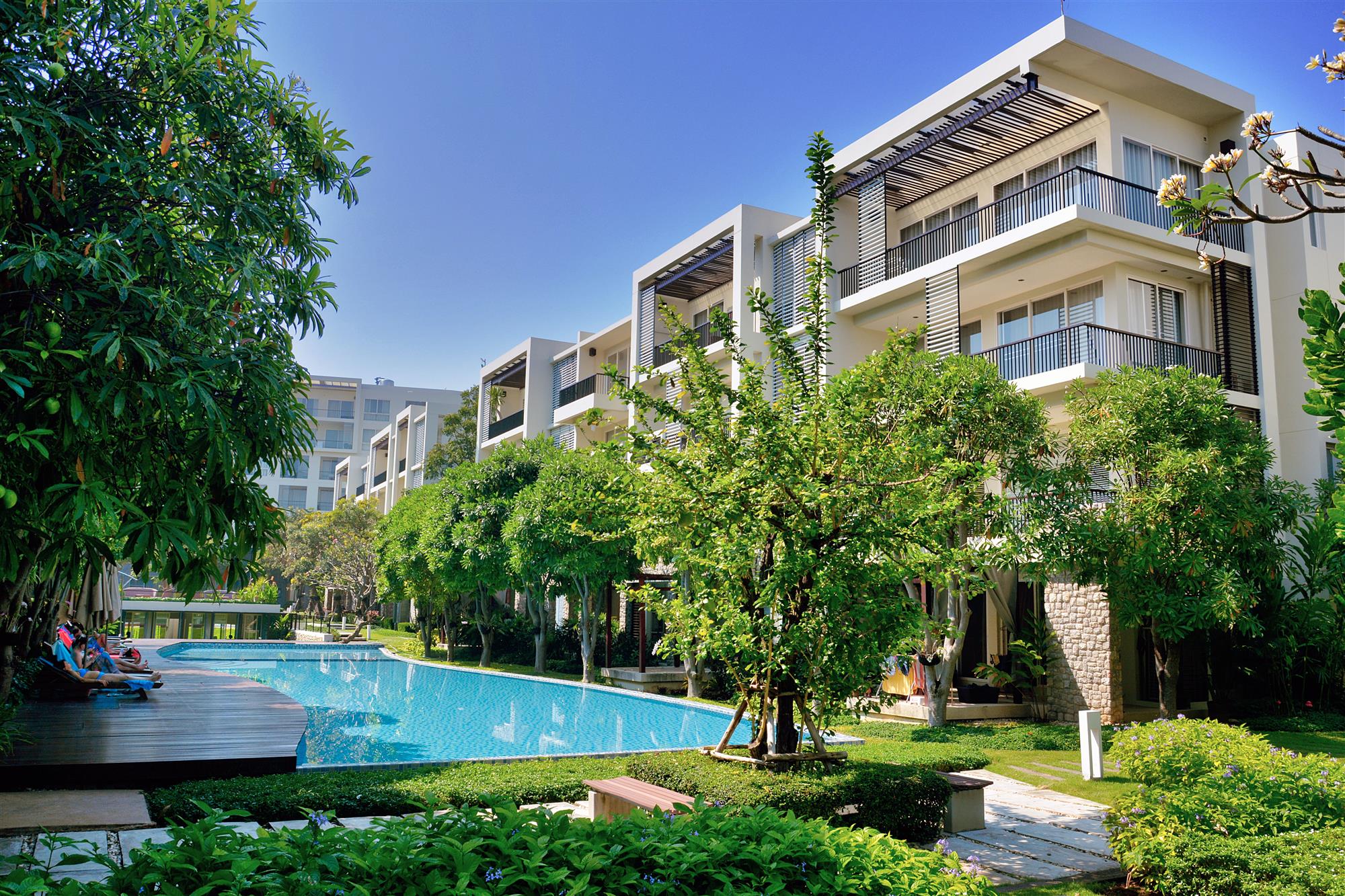Leading hotel brands such as Intercontinental Hotel Group (IHG), Marriott International, Radisson, and Wyndham, have introduced initiatives to promote green construction. Hotel companies are also adopting green building certifications such as LEED, EnergyStar, BREEAM, WELL Building Standard, among others. For instance, Marriott has developed a set of green construction standards and has committed to a target of net-zero value chain greenhouse gas emissions by 2050. The company also aims to achieve recognized sustainability certification for all its properties by 2025, of which 32% had achieved the status by 2020. Meanwhile, IHG Hotels and Resorts has developed an innovative online Green Engage System to measure their environmental impact, offering four levels of certification, with Level 1 being essential for all IHG properties.

Some construction practices being used for sustainable hotel building development include using recycled construction materials, local resources and technology, natural energy, and harvested water, as well as integrating net metering, waste management, and recycling greywater. Modular construction is another alternative to conventional hotel design with shorter timelines and lesser waste. Measures are also being adopted to minimize the negative impact of procurement on the environment by sourcing localized materials. The Palazzo at The Venetian is an example of a large hotel receiving LEED certification by using 95% of recycled structural steel and 26% of recycled concrete. Similarly, the Waldorf Astoria used 85% of reused or recycled materials during construction.
Green hotel development is also becoming popular in India, with several properties being certified by LEED, IGBC, GRIHA, ECBC, and other organizations; nevertheless, acceptance is still slow compared to other nations. According to media reports, the country currently has only 73 LEED-certified hotels. The impression that creating green buildings is more expensive is one of the key reasons for the slower adoption of green construction practices. However, thanks to advancements in construction technology, there are now a plethora of low-cost options for developing eco-friendly structures.
Furthermore, any additional costs are offset by the energy efficiency and improved design of green buildings. This holds true for existing structures as well. Several LEED-certified hotels in India, including certain ITC properties, The Ashoka Hotel, and Sheraton New Delhi, are in fact older structures. Government agencies are increasingly incentivizing hotel developments with green certificates, having acknowledged the importance of adopting sustainable building design and practices. According to a recent Gujarat tourist policy, hotels and wellness resorts that receive a green rating from the IGBC would be refunded 50% of the certification fee, up to a maximum of INR 10.0 lakh. Similar initiatives by other tourism boards, as well as growing demand from travelers for eco-friendly holidays at hotels championing environment-friendly practices, will further encourage green buildings in the Indian hospitality industry.
Additional Contributor to this article: Kavya Jain, Intern at HVS ANAROCK